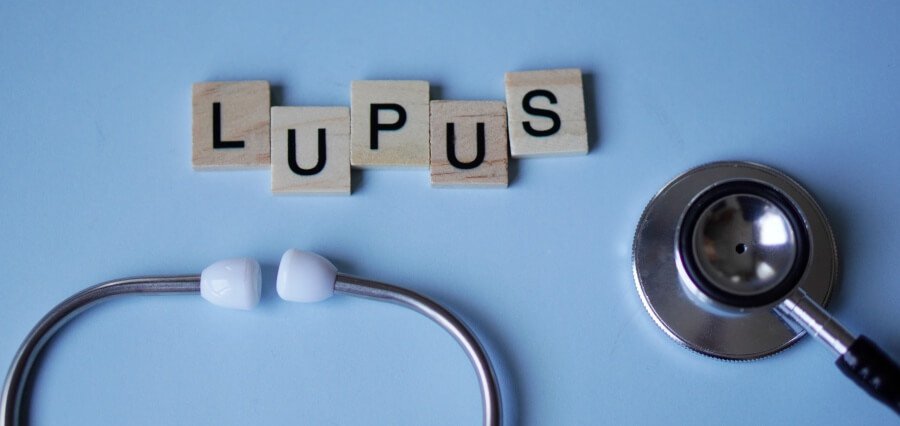The disclosure that an 11-year-old boy who was born deaf was able to hear because of a competing experimental gene therapy created by Eli Lilly prompted Regeneron to release this announcement. The medication targets otoferlin as well and was purchased by Lilly through a takeover of the biotechnology company Akouos.
The results suggest that gene therapy may become a viable means of treatment for deaf people who are deaf by birth. Abstracts of data presented at the American Society of Gene and Cell Therapy annual meeting show the amount of interest that exists in the subject. One researcher from a team with American and Chinese bases discovered that 10 out of 11 patients had recovered their hearing.
In August, Regeneron made its entry into the market when it paid $109 million to acquire Decibel Therapeutics. The agreement includes possible rewards to Decibel shareholders for meeting specific milestones, which could total up to an additional $104 million.
The success of the DB-OTO experiment with such a young child in the Regeneron trial may give hope for other developmental milestones, like speech, according to Lawrence Lustig, chair of Columbia University’s department of otolaryngology (head and neck surgery) and research investigator.
“The opportunity of providing the full complexity and spectrum of sound in children born with profound genetic deafness is a phenomenon I did not expect to see in my lifetime,” Lustig said in Regeneron’s statement. “We are excited to see how this translates into an individual’s development.”
With DB-OTO, patients receive a general anesthesia-induced sedation followed by an injection into the cochlea containing a functional copy of the otoferlin gene. The company’s medication delivers the gene via a specially designed virus, just as Lilly’s experimental treatment does. The Food and Drug Administration has granted Regeneron’s therapy fast track, orphan drug and rare pediatric disease designations.
For more details : https://euroinsightscare.com





